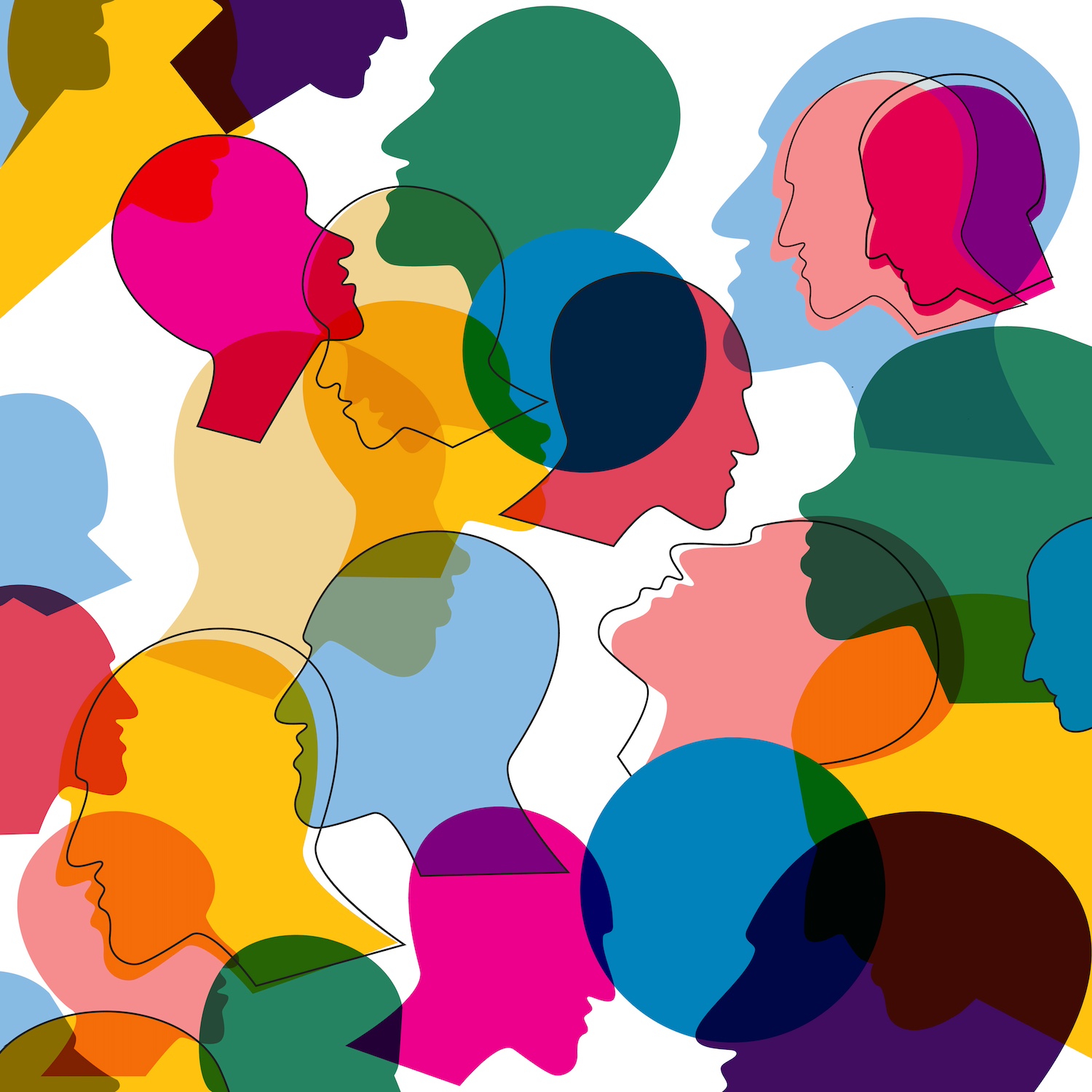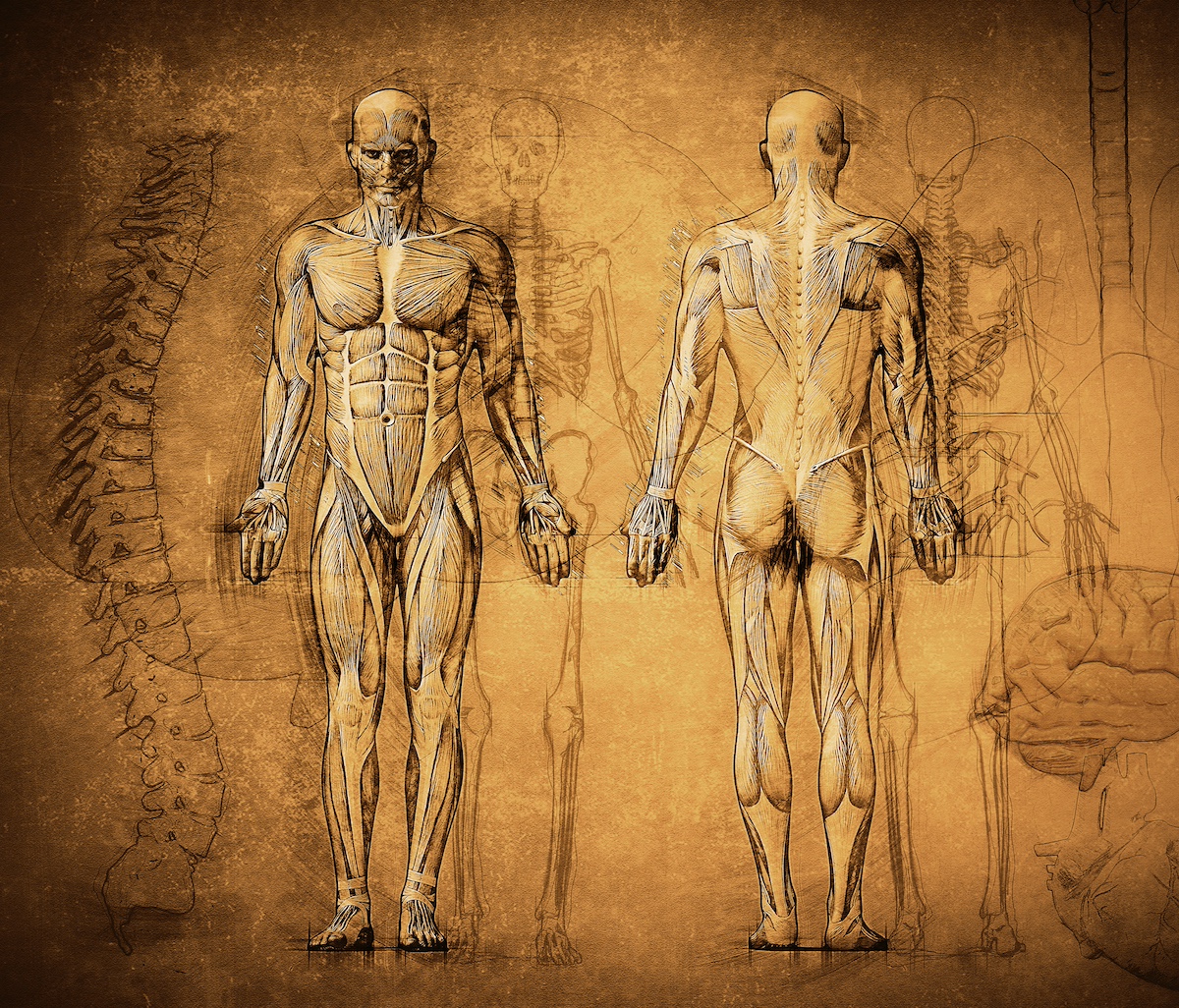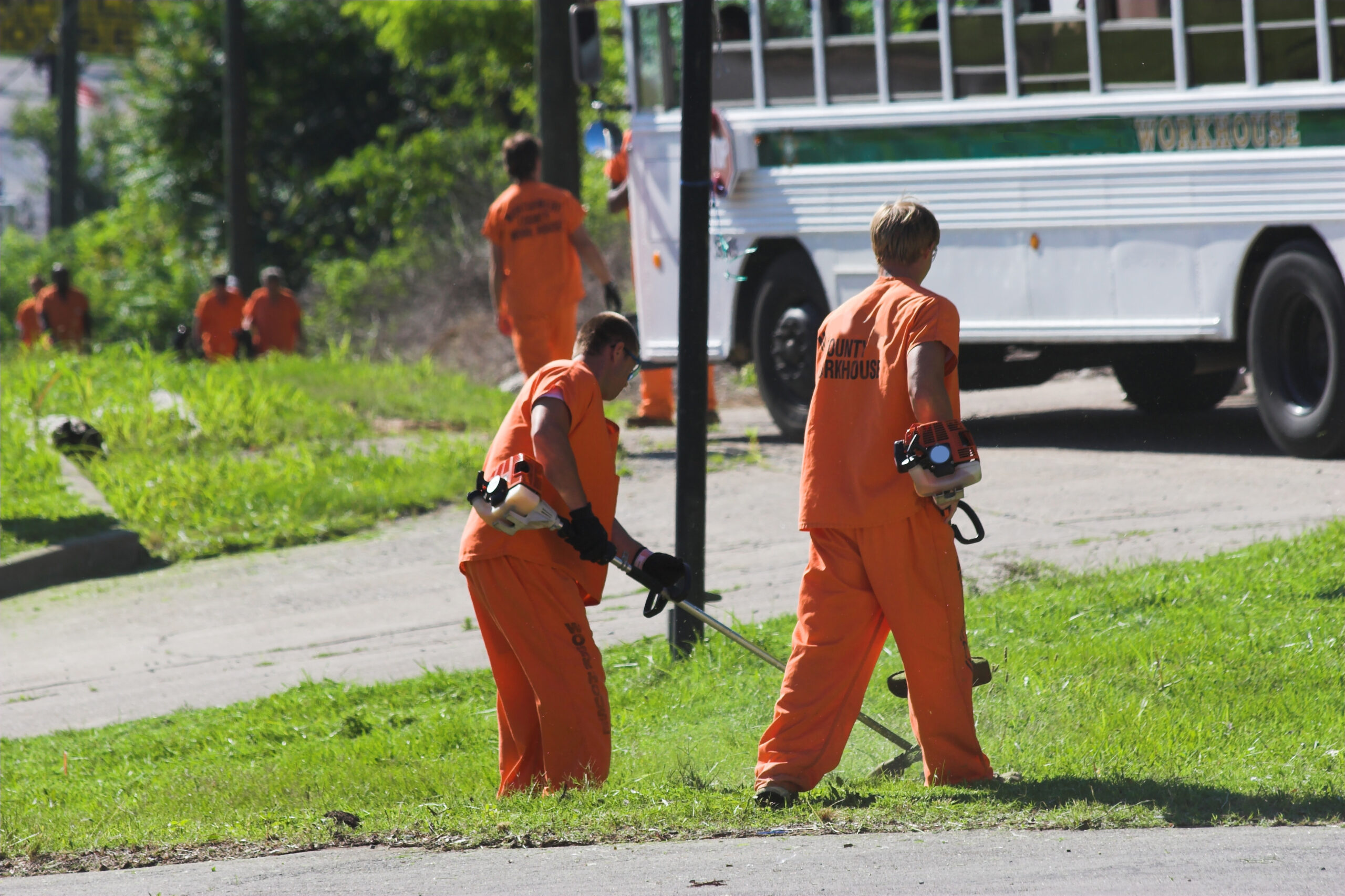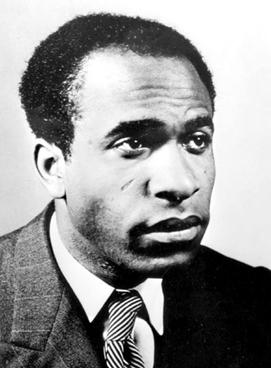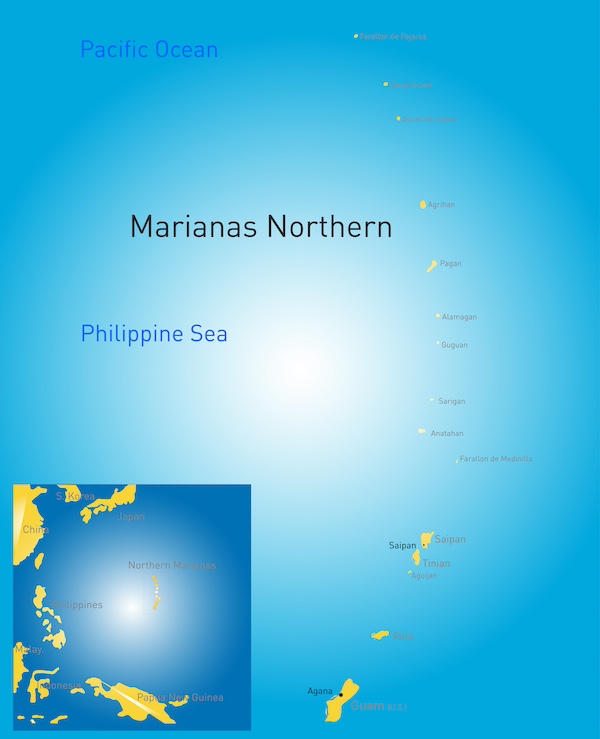The Zones of Incommunicability and Biomedicine Research Team seeks to analyze how linguistic practices and biomedical knowledge come together to shape health behaviors, policies, and forms of care for some populations while constructing others as unworthy of it. The team's members come together as medical anthropologists, linguists, public health researchers, artists, physicians, journalists and scholars in education, disability studies, black studies, and education to shed light on the power dynamics and cultural narratives that undergird the health and biomedical landscape.
Research Team
Tox-Ecologies Collective Research Team
The Tox-Ecologies Collective grapples with the enduring legacies of colonialism and capitalism, the continued uneven restructuring of our material and relational worlds, and the altered forms of life and sociality that emerge within these affected spaces. Since the late 2000s, epistemological and theoretical interventions across critical disability studies, Indigenous STS, and racial geographies have catalyzed new ways of seeing ourselves and toxins and have provided new grammars for understanding and narrating environmental harm, which in turn has offered more creative horizons of possibility. The Tox-Ecologies Collective is invested in asking what methods might be used to attend to how contamination and pollution alters our bodies and worlds and what new relations are made possible when we develop new analytic frames to understand our contemporary planetary conditions.
Research Team
Legal Geography Research Team
This research team aims to bring together graduate students from various fields, including law, urban planning, geography, and beyond, to foster a vibrant exchange of ideas on contemporary spatial and legal challenges. By delving into the intersection of law and geography–both through analyzing classical and foundational texts as well as drawing on critical perspectives in postcolonial studies, feminist geographies, and critical legal studies–we aim to uncover new perspectives, challenge conventional wisdom, and chart innovative pathways for research and scholarship. Our inquiry is motivated by the recognition that legal frameworks are not neutral instruments of governance, but are embedded within broader social, spatial, and economic contexts that (re)produce injustice.
Research Team
Industrial Policy Research Team
Industrial policy is an interdisciplinary policymaking approach that instrumentalizes specific markets as mechanisms for achieving economic and political outcomes. Industrial policymaking is more than a subject of disciplinary study, but potentially a site for disciplinary formation around specific policy areas, such as climate change or housing. There may be opportunities in iterating on novel approaches and methodologies by synthesizing and applying the various disciplinary contributions. The aim of this research team is to bring useful contributions to the space of governance at a time in which the challenges we may address in doing so has never been more urgent.
Research Team
The Social Effects and Normativity of Data-Mining, Algorithms and the Digital Economy Research Team
The digital economy has penetrated nearly every aspect of our social and political lives. This research team seeks to examine the effects of this prolific phenomenon on our social and personal development, our ability to access basic needs like healthcare, and our political and legal institutions and culture. Specifically, they will examine the connection between data mining and algorithmic systems integral to online platforms with outcomes across public and private sectors.
Research Team
Computational Social Science Research Team
The Computational Social Science Research Team brings together faculty, graduate students, and other researchers from both social science and data science disciplines (e.g. Statistics, Computer Science) to explore potential strategies for further developing computational social science research and graduate training at UC Berkeley. The nascent field of computational social science encompasses research on social science research questions that leverages computational methods and resources, from machine learning to natural language processing to network analysis to “big data” and beyond. Computational social science also involves the consideration of the ethical and social implications of the use of artificial intelligence and big data for research, policy, and commerce.
Research Team
The Case of the Human: A Transdisciplinary Research Team
This research team is focused on generating novel, interdisciplinary, and diverse knowledge on the human along three important axes: the human as body, as social, and as subject.
Research Team
Latin American Cities
The Latin American Cities (LAC) Working Group was created to examine the complex transdisciplinary processes through which cities in the continent have been constructed and imagined, and explore the challenges they face in the current age. Their goal is to reflect on the urban context in Latin America through various integrative lenses and approaches of research. How can we understand Latin America’s regionality?
Research Team
Black Lives at Cal Initiative
Year: 2023-2024 Research Team Type: Student-led Organizers: Caleb Dawson, PhD candidate, Critical Studies of Race, Class, and Gender, Berkeley School of Education; Nitoshia Ford, PhD student, Department of African American Studies; Kevin Steward, JD Candidate, Berkeley Law School; Bria Suggs, graduate student, UC Berkeley School of Journalism Black Lives at Cal (BLAC) is a long-awaited […]
Research Team
Carceral Labor Mapping Project
Organizers: Elizabeth Hargrett, PhD Candidate, Department of History; Xander Lenc, PhD Candidate, Department of Geography The American landscape has been profoundly shaped by the labor and toil of incarcerated workers, but most of us pass by the highways, dams, forests, parks, and other landforms they built without any inkling of their carceral origins. There is no central database for the tens of thousands of infrastructural projects built by prisoners in the United States, and despite a wealth of disparate scholarship on prison and jail labor there is no collaborative platform for historians, geographers, sociologists, and other scholars of the prison to circulate their findings. The Carceral Labor Mapping Project (CLMP, or “Clamp”) aims to foster collaboration between carceral scholars and provide pedagogical tools for educators seeking to demystify the carceral landscape. The team will produce an online GIS platform allowing users to not only learn about the role that carceral labor programs have played in shaping the world around them, but also allowing them to collaborate on carceral research projects.
Research Team
The Afterlives of Fanon Research Collective
Anticolonial intellectual and activist Frantz Fanon’s influences have inspired the work of liberation movements worldwide and continue to generate robust cross-disciplinary debate by scholars across the humanities, social sciences, and medical fields. The Afterlives of Fanon Research Collective aims to provide an institutional home for graduate scholarship on decolonization, anti-colonialism, and liberation at Berkeley and the broader Bay Area, providing a space to think with Fanon’s work and its afterlives through an interdisciplinary geographic lens.
Research Team
Marianas Critical Research Initiative
The Marianas Critical Research Initiative (MCRI) is a diverse coalition of UC Berkeley faculty and graduate students interested in examining the detrimental effects that US military presence has had on environmental and human health in the Marianas from WWII to the present. With heritage and familial ties across the Pacific, the MCRI team is dedicated to achieving and bolstering understanding of this under-studied conflict, taking an interdisciplinary approach to the topic by integrating critical military studies, security studies, political ecology, geography, indigenous studies, public health, veteran studies, and questions of sovereignty and colonialism in US territories.
